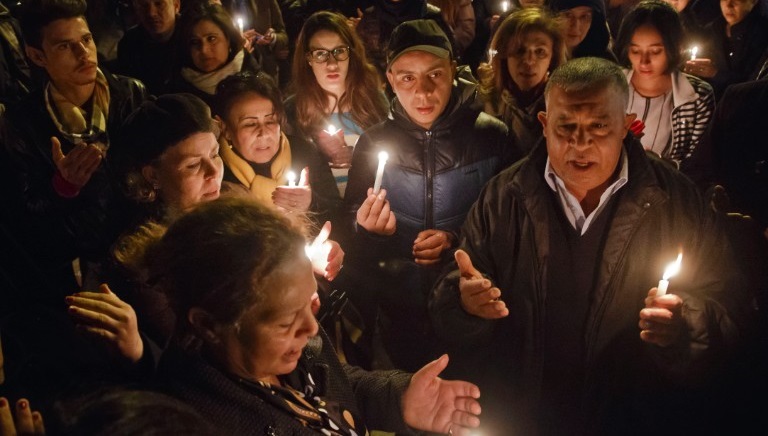Tunis – A trial opened in Tunisia on Tuesday over the 2015 terrorist attack at the National Bardo Museum that killed 21 tourists and a police officer, court officials said.
Some 21 detained suspects, including two women, attended Tuesday morning’s unannounced hearing, defense lawyer Samir Ben Amor said.
Three others, who were not under arrest, were not present, he said.
About 30 people are also on trial in absentia, defense lawyer Rafik Ghak said.
On March 18, 2015, Tunisians Yassine Labidi and Saber Khachnaoui, opened fire at the National Bardo Museum in an attack claimed by the terrorist ISIS group. They were killed when the police stormed the facility.
The perpetrators’ accomplices would be tried for “terrorist crimes”, according to the French Association for Victims of Terrorism and Imed Belkhamsa, a lawyer for victims of the attacks.
Under a 2015 anti-terror law, the suspects could face the death sentence — although Tunisia has had a moratorium on implementing capital punishment since 1991.
Since its revolution in 2011, the country has faced a series of terror attacks that have claimed the lives of more than 100 soldiers and police, 20 civilians and 59 foreign tourists, according to an official tally.
A month after the Bardo attack, 38 foreign holidaymakers including 30 Britons were killed in a gun and grenade attack on a beach resort near the city of Sousse.
That November, a suicide bombing in the capital killed 12 members of the presidential guard.
Following the Bardo attack, authorities arrested around 20 people and announced they had dismantled “around 80 percent of the cell” responsible.
Months later, they released eight of the suspects, including a man they had said was the head of the cell.
French lawyers for the victims and their families have said the investigation had left “several dark areas”.
One of them, Philippe de Veulle, told AFP he would boycott the trial, saying it would not offer “independent justice”.
